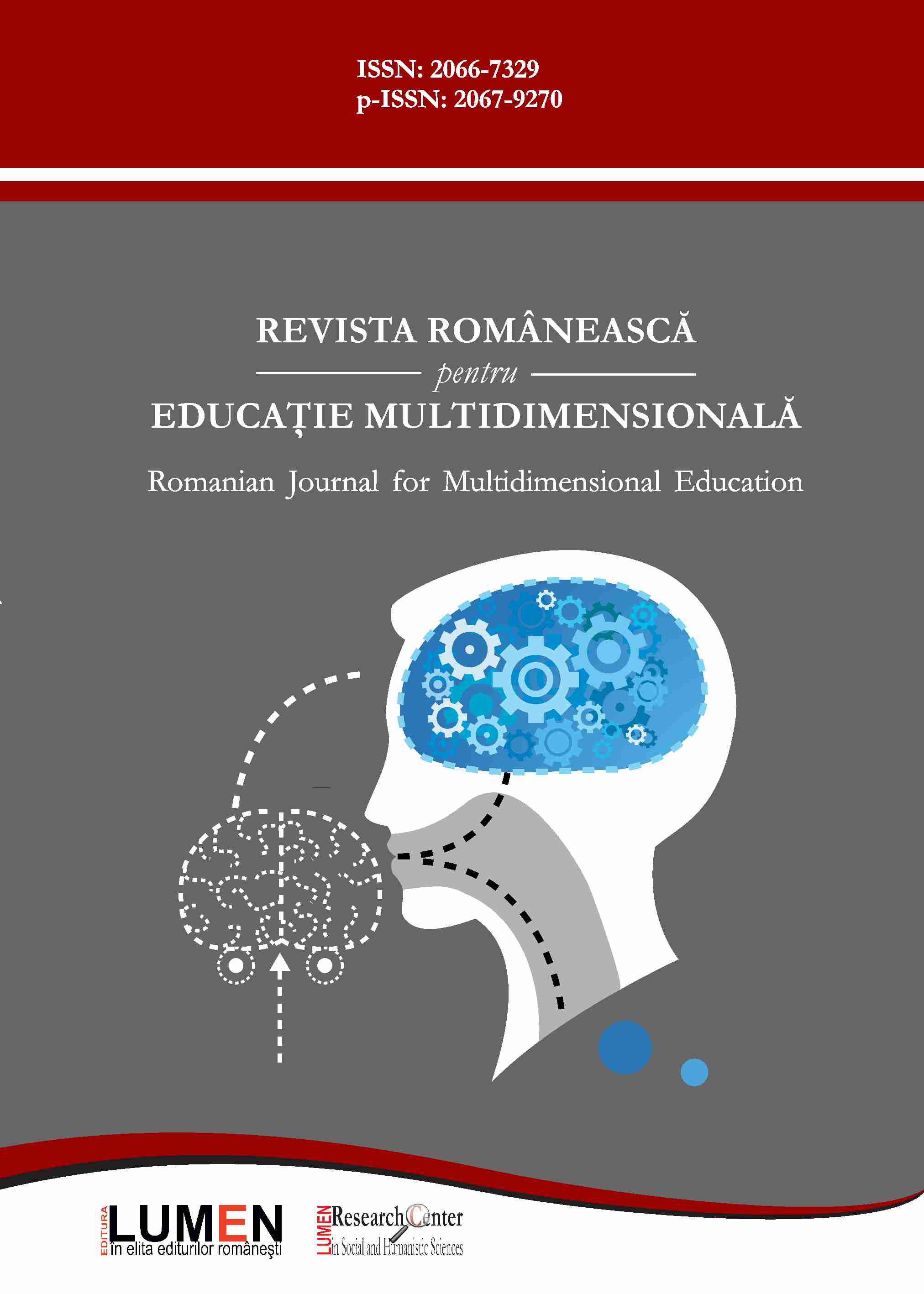Inclusive Education in Remote Instruction with Universal Design for Learning
Inclusive Education in Remote Instruction with Universal Design for Learning
Author(s): Luciana FrumosSubject(s): Social Sciences
Published by: Editura Lumen, Asociatia Lumen
Keywords: inclusive education; online environment; remote instruction; special educational needs; universal design for learning;
Summary/Abstract: When schools are closed for a longer period of time, due to emergency situations, as in this COVID-19 pandemic, the educational landscape changes, so teachers and students must adapt to different remote learning solutions. Distance education has been used successfully before, with a wide range of students of different ages and abilities, but the sudden need to use technology and remote instruction for all, in order to replace face-to-face classroom interaction is challenging.Certainly, many teachers and students were unprepared for this ad-hoc need to use distance learning. Teachers’ knowledge and abilities to use remote instruction solutions can vary greatly, and so are student’s readiness and their at-home technical capacity to access the information sent by their teachers. Students may be very different even in the traditional classroom, but school closures and the technological demands of distance learning can disproportionately affect students, especially those with Special Educational Needs (SEN) or at risk.From the perspective of inclusive education, teachers are assuming new roles and responsibilities as they are expected to meet the needs of all students in their classroom. Those teachers, committed to the principles of inclusion, will embrace the challenges of remote instruction, and will try to design the curriculum having in mind all their students, regardless of their abilities, and use all the advantages that the remote learning environment has to offer. The guidelines of the Universal Design for Learning (UDL) are in line with the principles of inclusion and provide a useful framework for discussion.
Journal: Revista Românească pentru Educaţie Multidimensională
- Issue Year: 12/2020
- Issue No: 2supl1
- Page Range: 138-142
- Page Count: 4
- Language: English

